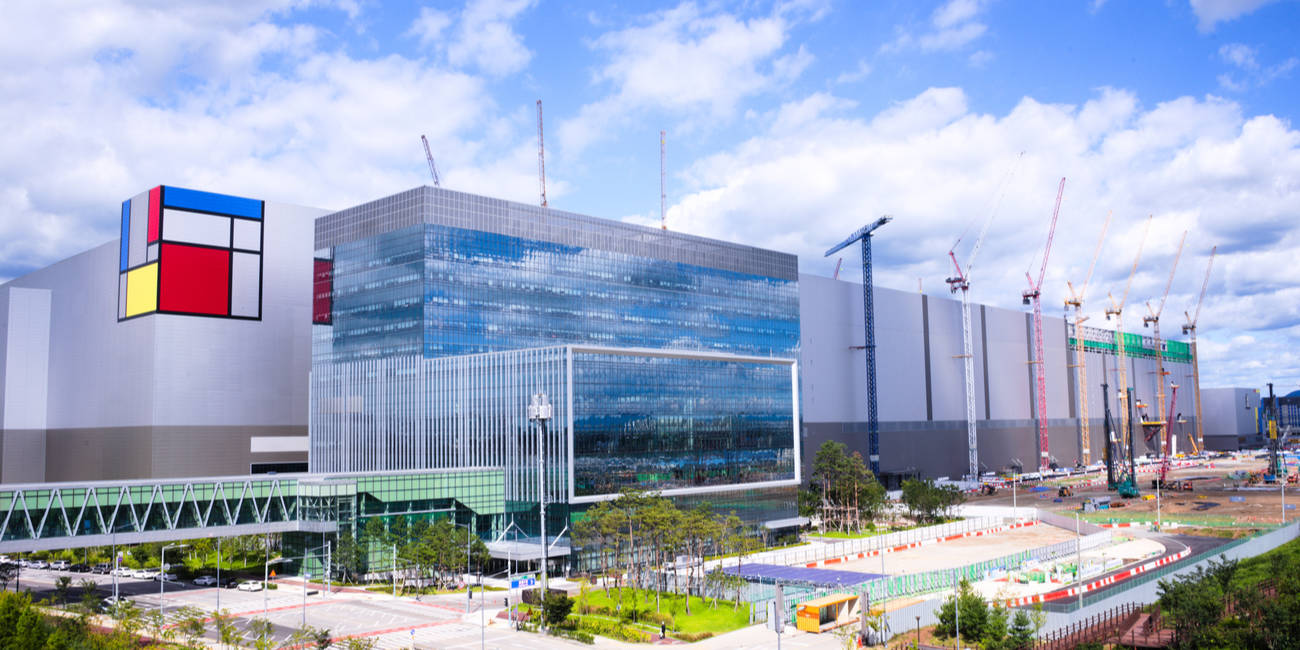Samsung To Fab Chips For RISC-V Processor World's Tenstorrent

AI chip startup Tenstorrent announced on Monday that it will use Samsung's foundry to manufacture its next generation of products, with both partners alluding to potential future RISC-V collaborations.
"Samsung Foundry's commitment to advancing semiconductor technology aligns with our vision for advancing RISC-V and AI and makes them an ideal partner to bring our AI chiplets to market," beamed Tenstorrent CEO Jim Keller.
Samsung's head of US Foundry business echoed those sentiments: "Samsung's advanced silicon manufacturing nodes will accelerate Tenstorrent's innovations in RISC-V and AI for datacenter and automotive solutions."
Tenstorrent hopes to become an alternative to Nvidia for AI hardware. It builds some of its products – such as its 2023 standalone ML computer, Black Hole – on RISC-V CPU cores. Sixteen of them, to be exact.
In June, Samsung announced it was an official member of the RISC-V Software Ecosystem, which develops code to run on open processor architecture.
The current deal for next-gen products, however, has the Korean megalith manufacturing Tenstorrent's Quasar chiplet using Samsung's SF4X process and 4nm architecture.
- Intel made $2bn+ takeover offer for RISC-V chip darling SiFive – report
- China suggests America 'carefully consider' those chip investment bans
- Arm patches GPU driver bug exploited by spyware to snoop on targets
- RISC-V Xmas gifts: SiFive emits vector-enabled cores, Western Digital teases new SweRVs, VxWorks hugs ISA, Samsung rolls it into 5G...
Tenstorrent vice president of strategy and corporate communications Bob Grim told The Register one of the reasons the upstart chiptech firm chose Samsung was their long history together – CEO Jim Keller previously worked with the South Korean giant.
The chaebol's Samsung Catalyst Fund also led a financing round for Tenstorrent alongside Hyundai Motor Group, with participation from Fidelity Ventures, Eclipse Ventures, Epiq Capital, Maverick Capital, and others. That effort raised $100 million.
Grim said it was not only Samsung's capabilities – including for more advanced nodes – that made it a selection target. He added praise for the manufacturing giant's business strategy of having fabs both in Asia in the US.
"We leave the decision to them where the chips get made," said Grim. The veep noted that his current customers – LG Electronics and Hyundai – are both in Korea.
Samsung is a licensee of Arm processor designs – a rival to RISC-V. Working with Tenstorrent gives Samsung potential exposure to the open processor design that could help it to win more fabrication work from other RISC-V players.
Samsung's own Arm-powered Exynos SoCs often appear in its lower-priced smartphones. If RISC-V hardware can match Arm performance, Samsung could increase margin on those devices by avoiding license fees. Learning a little more about de-risking RISC-V production can't hurt a bit. And with Arm rumored to be considering more costly licences, working with Tenstorrent could be an interesting step for Samsung. ®
From Chip War To Cloud War: The Next Frontier In Global Tech Competition
The global chip war, characterized by intense competition among nations and corporations for supremacy in semiconductor ... Read more
The High Stakes Of Tech Regulation: Security Risks And Market Dynamics
The influence of tech giants in the global economy continues to grow, raising crucial questions about how to balance sec... Read more
The Tyranny Of Instagram Interiors: Why It's Time To Break Free From Algorithm-Driven Aesthetics
Instagram has become a dominant force in shaping interior design trends, offering a seemingly endless stream of inspirat... Read more
The Data Crunch In AI: Strategies For Sustainability
Exploring solutions to the imminent exhaustion of internet data for AI training.As the artificial intelligence (AI) indu... Read more
Google Abandons Four-Year Effort To Remove Cookies From Chrome Browser
After four years of dedicated effort, Google has decided to abandon its plan to remove third-party cookies from its Chro... Read more
LinkedIn Embraces AI And Gamification To Drive User Engagement And Revenue
In an effort to tackle slowing revenue growth and enhance user engagement, LinkedIn is turning to artificial intelligenc... Read more

